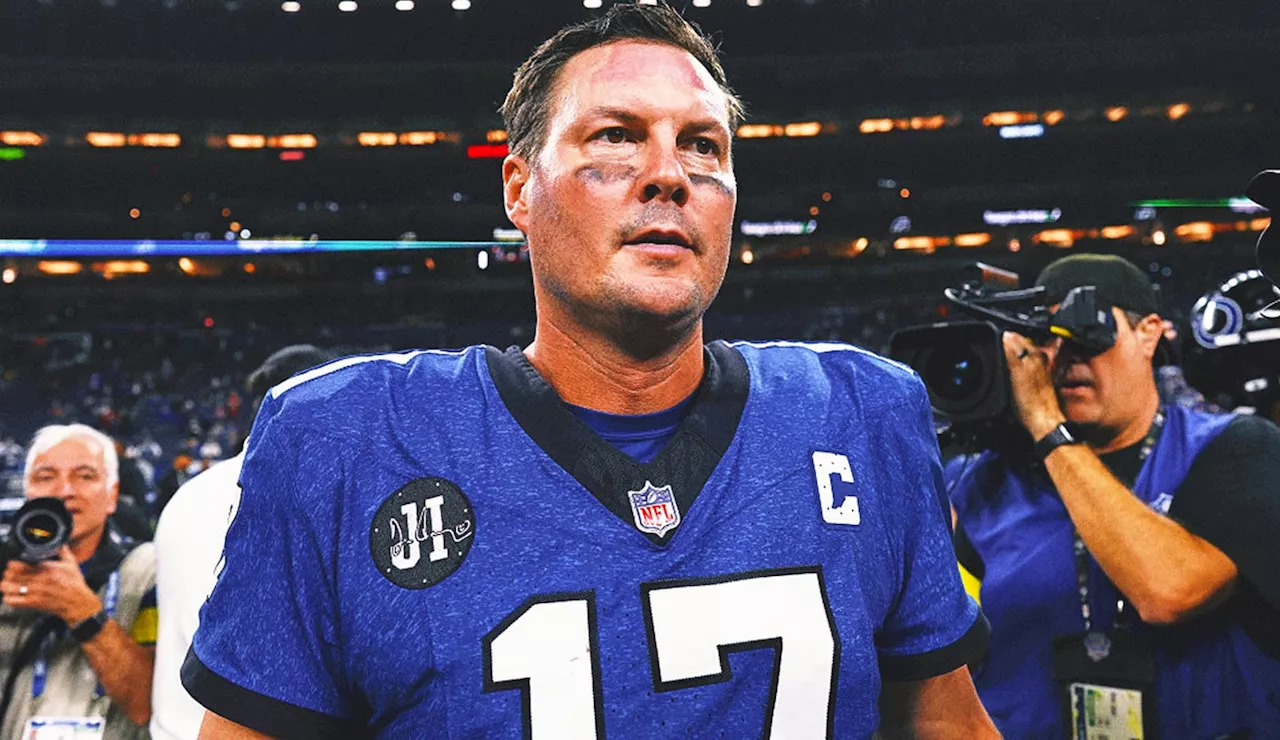The landscape of cinema has been significantly influenced by remarkable debut films that launched the careers of numerous acclaimed directors. These films not only established their creators’ unique voices but also set the stage for future successes. Here, we explore 20 debut features that have left an indelible mark on the film industry, showcasing the talent and vision of their directors.
Trailblazing Beginnings in Film
Julie Dash made history with her debut, *Daughters of the Dust*, becoming the first African American woman to direct a theatrical feature that received a general release in the United States. The film, celebrated for its non-linear storytelling and rich use of dialect, explores Gullah culture and family identity. It remains a challenging yet rewarding watch for audiences willing to engage with its depth.
In the realm of independent cinema, Spike Lee burst onto the scene with *She’s Gotta Have It*, a film that not only earned critical acclaim but also grossed over $7 million on a budget of $175,000. Lee’s unique vision and hands-on approach to production showcased his potential to bring underrepresented narratives to the forefront of American cinema.
Another significant debut is Steve McQueen’s *Hunger*, which premiered in 2008. The film, centered on the hunger strike of activist Bobby Sands, features a groundbreaking 17-minute single shot and an unforgettable performance from Michael Fassbender. Its emotional weight and technical prowess established McQueen as a formidable director from the outset.
Kevin Smith solidified his place in pop culture with *Clerks*, released in 1994. This low-budget indie film captured the essence of slacker culture and introduced audiences to the beloved characters Jay and Silent Bob. Its authenticity and humor resonated with viewers and launched Smith into a successful career that continues to thrive.
Distinctive Voices and Genre Pioneers
Charles Laughton’s only directorial effort, *The Night of the Hunter*, remains a haunting masterpiece within the film noir genre. Released in 1955, the film features an iconic performance from Robert Mitchum as a menacing preacher. Its atmospheric storytelling and psychological depth make it a standout in cinematic history.
Rob Reiner’s *This Is Spinal Tap* redefined the mockumentary genre, blending humor with sharp commentary on the music industry. The film’s influence can be seen in countless productions that followed, marking Reiner’s entry into a successful directing career during the 1980s and 1990s.
On the suspense front, Clint Eastwood captivated audiences with *Play Misty For Me*, his directorial debut in 1971. The film’s intricate narrative of obsession demonstrated Eastwood’s keen understanding of filmmaking, earning him recognition as a multifaceted artist.
Another director known for tackling human drama is Sidney Lumet, whose *12 Angry Men* made a powerful statement about justice in America. Released in 1957, the film highlights Lumet’s ability to craft gripping stories that reflect societal issues, establishing him as a leading figure in American cinema.
Acclaimed director Greta Gerwig showcased her talent in *Lady Bird*, a film that skillfully intertwines comedy and drama. This 2017 coming-of-age story, featuring a standout performance by Saoirse Ronan, further solidified Gerwig’s reputation as an exceptional filmmaker with a unique voice.
The horror genre owes much to George Romero, whose *Night of the Living Dead* revolutionized zombie films upon its release in 1968. The film’s social commentary and groundbreaking storytelling set new standards in horror, paving the way for numerous sequels and spin-offs.
In recent years, Jordan Peele emerged as a significant voice in horror with *Get Out*, released in 2017. This film cleverly critiques racial dynamics in America while utilizing horror tropes to deliver a chilling narrative. Peele’s deft handling of genre conventions has garnered him critical acclaim and a dedicated following.
Finally, few debuts are as iconic as Orson Welles’ *Citizen Kane*, released in 1941. Often heralded as one of the greatest films of all time, it explores themes of power and ambition through innovative storytelling techniques. Welles’ masterful direction and groundbreaking cinematography have established the film as a cornerstone of cinematic history.
These 20 debut films not only highlight the directors’ unique visions but also reflect the diverse narratives and styles that continue to shape the film industry today. As new filmmakers emerge, the legacy of these trailblazing works serves as inspiration for generations to come.






